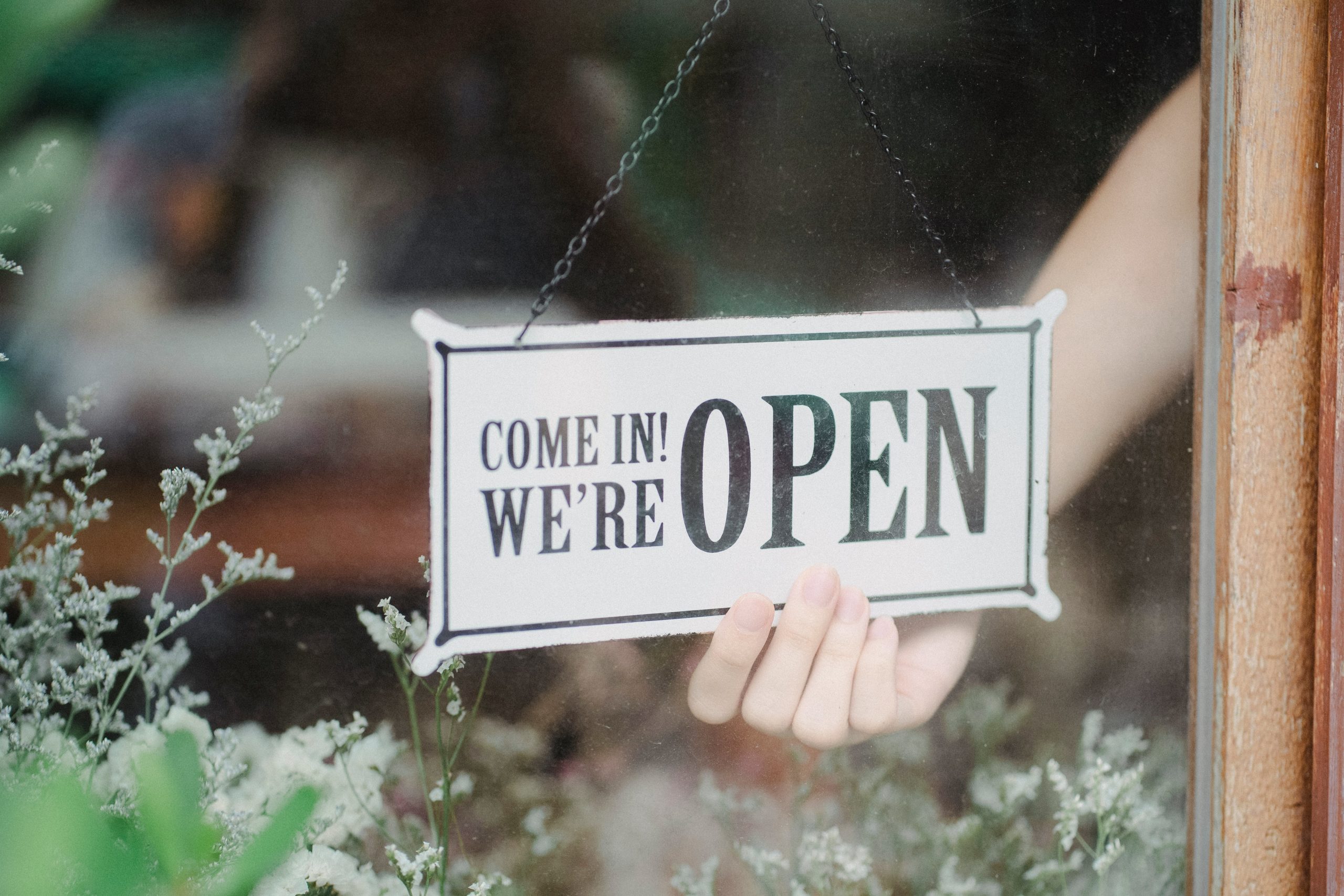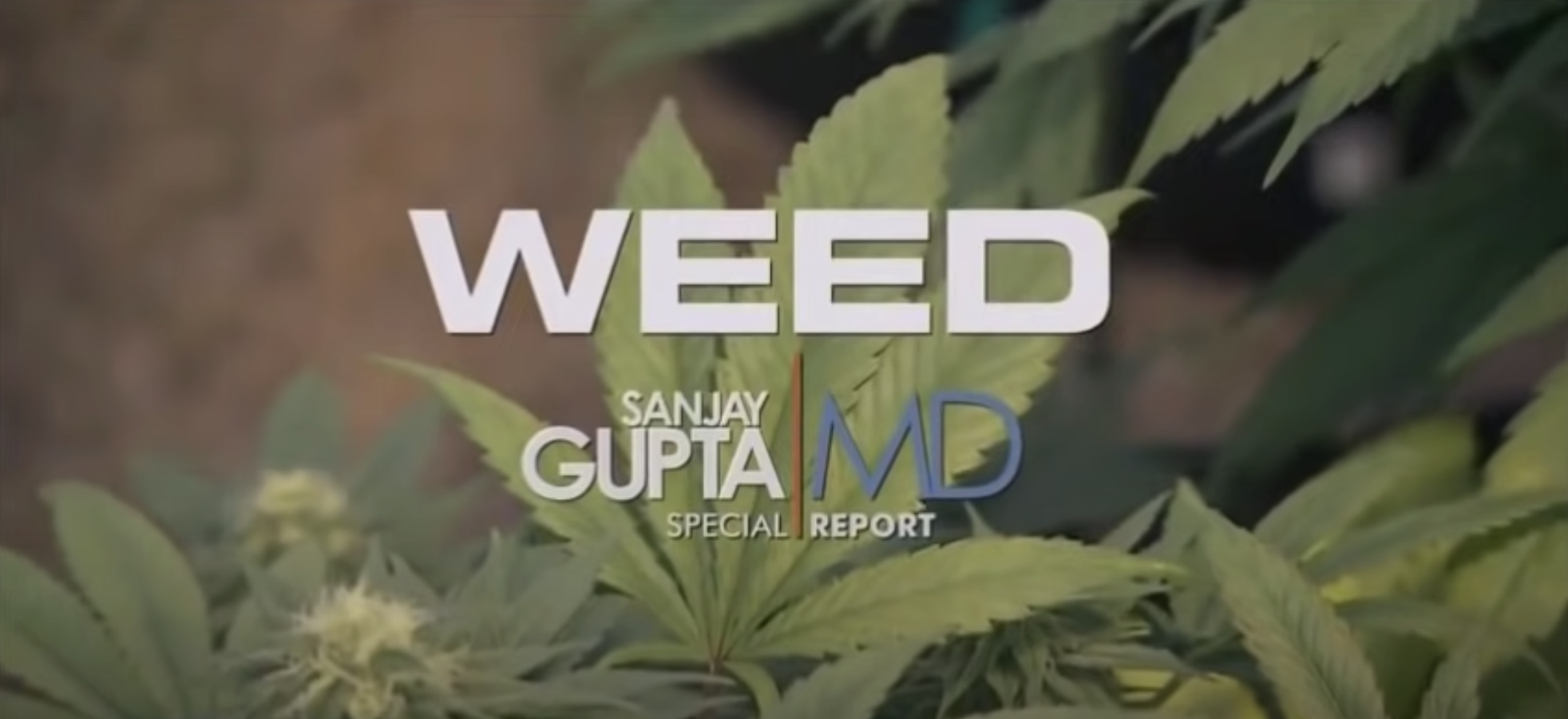
On May 30, 2023 Minnesota Gov. Tim Walz signed an expansive cannabis legalization bill into law, allowing the recreational use of cannabis for adults 21 and older starting Aug. 1. The Legislature passed the bill with a handful of Republicans joining a nearly united Democratic vote in favor. Although the bill has passed, dispensaries can’t open until the state figures out a licensing system for the businesses, so they won’t open for at least another year — some estimate in early 2025. This article aims to provide a detailed guide on how to open a cannabis dispensary in Minnesota. We will explore the current cannabis market and outlook, license types, scoring criteria, application fees, and the importance of seeking professional assistance from cannabis consultants like Global Go.
Minnesota Cannabis Market and Outlook
With a population of 5,717,184 as of the 2022 US Census, Minnesota ranks as the 22nd largest state in terms of population. The state’s medical cannabis program already boasts 40,345 registered patients as of Q1 2023. It is worth noting that local governments cannot prohibit the operation of cannabis businesses, although they may impose “reasonable restrictions” such as limited operating hours and proximity limitations near schools and parks. Furthermore, Minnesota has one of the lowest cannabis tax rates in the nation. The absence of adult-use cannabis programs in the states bordering Minnesota makes it an attractive and strategic market for cannabis entrepreneurs.
Minnesota Cannabis License Types
Minnesota offers various license types for cannabis businesses. However, vertical integration is prohibited except for microbusiness, mezzobusiness, lower-potency hemp edible manufacturers, and lower-potency hemp edible retailer licenses. The available license types include:
- Cannabis Cultivator
- Cannabis Delivery Service
- Cannabis Event Organizer
- Cannabis Manufacturer
- Cannabis Mezzobusiness
- Cannabis Microbusiness
- Cannabis Retailer
- Cannabis Testing Facility
- Cannabis Transporter
- Cannabis Wholesaler
- Lower-Potency Hemp Edible Manufacturer
- Lower-Potency Hemp Edible Retailer
- Medical Cannabis Cultivator
- Medical Cannabis Processor
- Medical Cannabis Retailer
Minnesota Cannabis License Scoring Criteria
The Office of Cannabis Management (OCM) utilizes a merit-based scoring process to issue licenses. The scoring criteria encompass the following categories:
- Social Equity applicant
- Status as a Veteran
- Security and record keeping
- Employee training plan
- Business plan and financial situation
- Labor and employment practices
- Knowledge and experience
- Environmental plan
The OCM publicly discloses the number of points allocated to each category. Social Equity applicants are guaranteed at least 20% of the total available points. The total number of licenses awarded is determined based on “market stability.” To stay updated on any changes, it is advisable to follow Global Go’s licensing and regulatory updates on social media and their website.
Recreational Cannabis License Application Fees
The application fees for different license types are as follows:
|
License Type |
Application Fee |
Initial License Fee |
Renewal License Fee |
|
Microbusiness |
$500 |
None |
$2,000 |
|
Mezzobusiness |
$5,000 |
$5,000 |
$10,000 |
|
Cultivator |
$10,000 |
$20,000 |
$30,000 |
|
Manufacturer |
$10,000 |
$10,000 |
$20,000 |
|
Retailer |
$2,500 |
$2,500 |
$5,000 |
|
Wholesaler |
$5,000 |
$5,000 |
$10,000 |
|
Transporter |
$250 |
$500 |
$1,000 |
|
Testing Facility |
$10,000 |
$10,000 |
$20,000 |
|
Event Organizer |
$750 |
$750 |
None |
|
Delivery Service |
$250 |
$500 |
$1,000 |
Minnesota Cannabis Consultants and Planning
The OCM will release more information about the application process and important dates in the future. It is anticipated that the application window will open around May 2024, with sales expected to commence in the first quarter of 2025. To stay informed about Minnesota’s cannabis application timeline, it is crucial to follow updates from Global Go.
Even though Minnesota will not award new cannabis licenses until 2024, it is highly recommended to start gathering the necessary materials for the application process at least one year in advance. Global Go, a reputable cannabis consulting firm, has a track record of assisting over 200 successful cannabis license applications across the United States. Seeking professional guidance can greatly enhance your chances of a successful application.
Conclusion
Opening a cannabis dispensary in Minnesota requires a thorough understanding of the market, license types, scoring criteria, and application fees. With the state’s recent legalization of recreational cannabis, it presents an exciting opportunity for entrepreneurs in the industry. By staying informed about the evolving regulations and seeking the assistance of experienced cannabis consultants like Global Go, you can navigate the process more effectively. Remember to stay updated on important dates and requirements to maximize your chances of obtaining a license and establishing a successful cannabis business in Minnesota.
Source: Global Go
EXPLORE MORE NEWS
Newsletter




